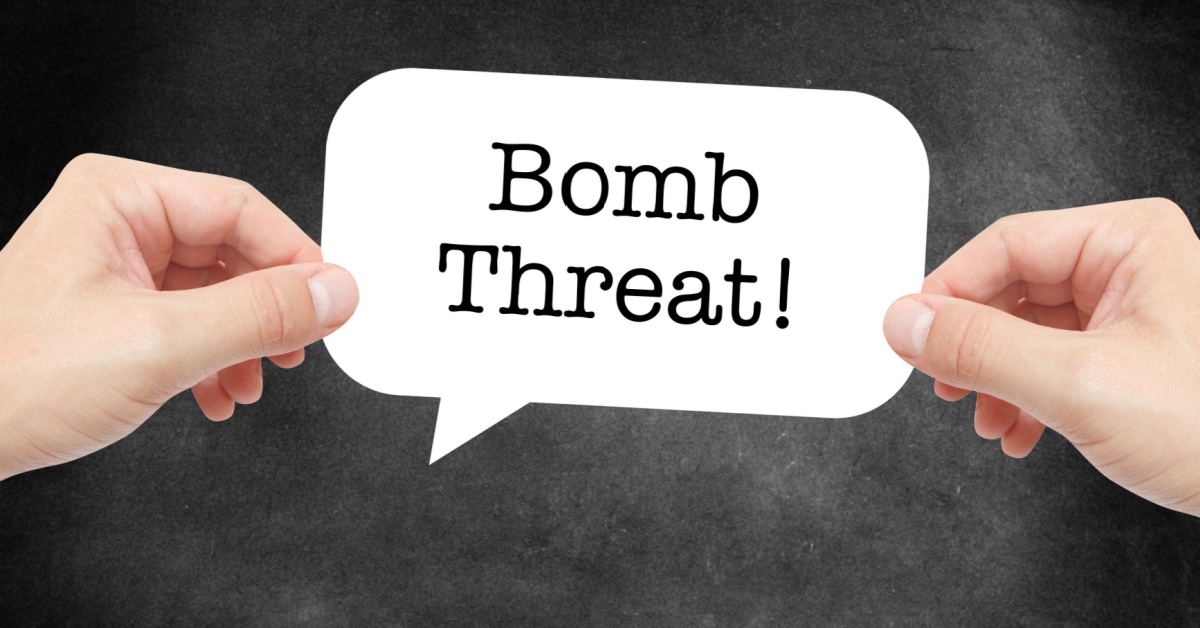Bomb Threat Politics: How Extremism Is Taking Over the Conversation

Another day, another bomb threat targeting a sitting member of Congress. This time, it’s Democratic Representative Lori Trahan of Massachusetts, whose family was the subject of a chilling and dangerous hoax. Authorities found no evidence of an actual bomb, but the incident adds to a disturbing trend: violence or the threat of it becoming part of the political landscape. And let’s be clear—this isn’t just about one lawmaker or one party. This is a sign of a much bigger problem, and it should concern all of us.
Trahan’s case is the latest in a series of attacks and threats against members of the House, from both sides of the aisle. And while every politician is quick to denounce violence in front of the cameras, it’s hard not to notice how the tone of political discourse has deteriorated. When words are treated like weapons and every disagreement becomes a battle for survival, it’s only a matter of time before someone decides to take things to the next level. Unfortunately, that’s the state of America today.
Here’s what makes this incident even more troubling: it’s part of a broader pattern where politicians and their families are increasingly becoming targets. It’s not just the lawmakers who face danger but their spouses, children, and even extended family members. Think about that for a second. The people who never signed up for public office, who didn’t volunteer to stand in the spotlight, are now living with the fallout of a broken political culture. What kind of country does that to its own citizens?
Of course, the media will spin this story in predictable ways. If it’s a Democrat being threatened, the headlines will emphasize right-wing extremism. If it’s a Republican, the narrative will shift to the dangers of “anti-democratic rhetoric.” But let’s not kid ourselves—this isn’t a partisan issue. It’s a symptom of a society that’s lost its sense of proportion. The idea that political opponents are enemies to be destroyed rather than fellow Americans to be debated has taken root, and the results are as ugly as they are predictable.
So, who’s to blame? There’s plenty of finger-pointing to go around. Some will blame social media for amplifying the most extreme voices and creating echo chambers where hatred festers. Others will point to politicians themselves, accusing them of fueling divisions with incendiary rhetoric. And then there’s the role of the media, which has made a cottage industry out of outrage, framing every disagreement as a crisis and every policy debate as a life-or-death struggle.
But let’s not overlook the role of leadership—or the lack thereof. In a functioning democracy, leaders set the tone for how disagreements are handled. They demonstrate that you can argue passionately without resorting to personal attacks, threats, or violence. Sadly, that kind of leadership has been in short supply lately. Instead, we’ve seen too many leaders who treat their political opponents as enemies, stoking anger and resentment to rally their base. And when leaders act like bullies, is it any wonder that some followers take things too far?
What’s especially tragic is how this climate discourages good people from entering public service. Who wants to run for office when it means subjecting your family to constant threats and harassment? Who’s willing to put their loved ones at risk for the sake of serving their community? The answer, increasingly, is no one. And that’s a loss for all of us because it means the field is left to the loudest, angriest, and most extreme voices.
So, where do we go from here? It’s tempting to throw up our hands and say, “That’s just politics these days.” But that kind of cynicism only guarantees more of the same. If we want to change the culture, it starts with each of us refusing to play the game. That means calling out extremism, no matter where it comes from. It means refusing to demonize people just because we disagree with them. And it means demanding better from our leaders, our media, and ourselves.
The bomb threat against Rep. Trahan’s family should be a wake-up call, not just for Congress but for the country as a whole. This isn’t who we are—or at least, it shouldn’t be. We can do better, but only if we decide to stop treating politics like a war and start treating it like the messy, imperfect process it’s supposed to be. Let’s hope we figure that out before it’s too late.

